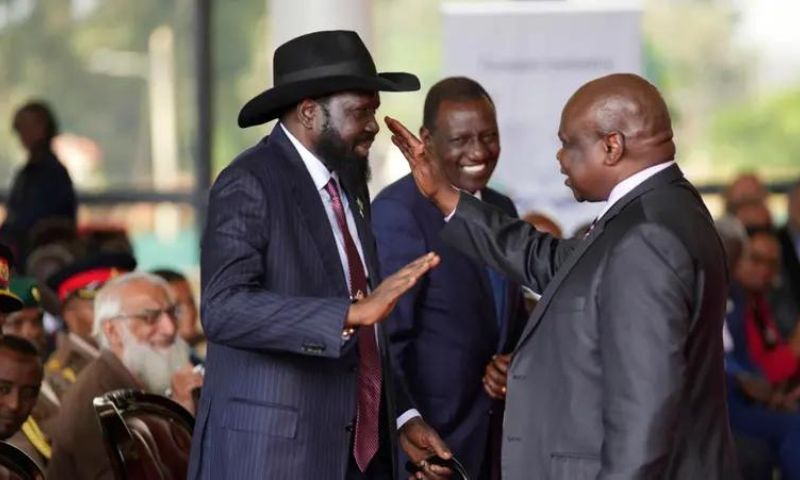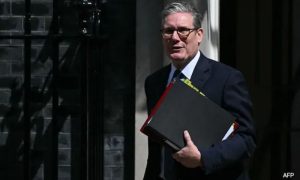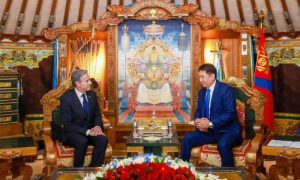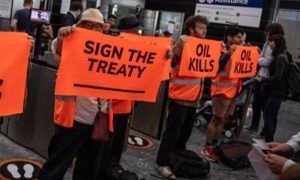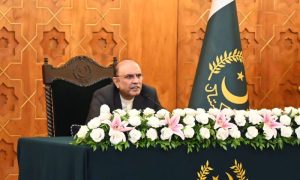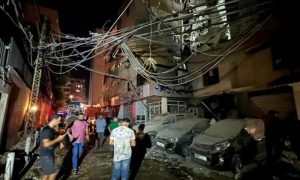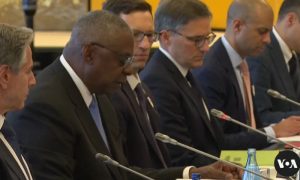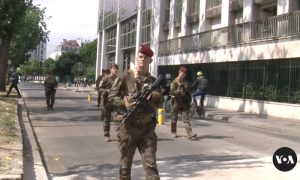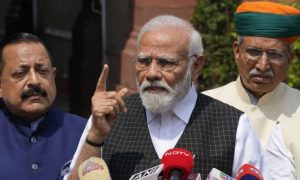JUBA: South Sudan’s fragile peace negotiations face a critical hurdle as opposition groups push back against a newly passed security law that they argue threatens fundamental freedoms and undermines democratic progress ahead of the country’s first-ever election.
High-level talks hosted in Kenya since May have aimed to finalize agreements between South Sudan’s government and rebel opposition groups not included in the 2018 peace accord that ended a devastating five-year civil war, which killed around 400,000 people and displaced millions.
Pagan Amum Okiech, representing the South Sudan Opposition Movement Alliance, voiced strong opposition to the National Security Act, which allows detention without an arrest warrant. He told the Associated Press that signing any peace agreement would be futile if the draconian law is enacted by President Salva Kiir.
“The law violates the basic rights and freedoms of South Sudanese citizens, erasing civic and political space necessary for peace and democracy,” Amum said. “There can be no meaningful progress under such oppressive legislation.”
The bill, originally from 2015, gained parliamentary approval last week and now awaits President Kiir’s endorsement within 30 days to become law, coinciding with preparations for the scheduled December 22 election.
Criticism of the security bill has escalated, with Edmund Yakani, executive director of the Community Empowerment for Progress Organization, condemning it for creating a detrimental atmosphere during negotiations. Human Rights Watch has similarly urged President Kiir to reject the bill, citing concerns that it would further empower security agencies notorious for human rights abuses.
The peace talks, dubbed ‘Tumaini’ (Swahili for hope), have yielded a draft agreement proposing an extension of the transitional period and postponement of the election. This would allow time to finalize South Sudan’s constitution, electoral laws, define constituency boundaries, and establish a unified security force as outlined in the 2018 peace accords.
International stakeholders, including Western diplomats, have advocated for delaying the election to ensure it is conducted freely and fairly. However, President Kiir remains steadfast in his commitment to the December election date.









